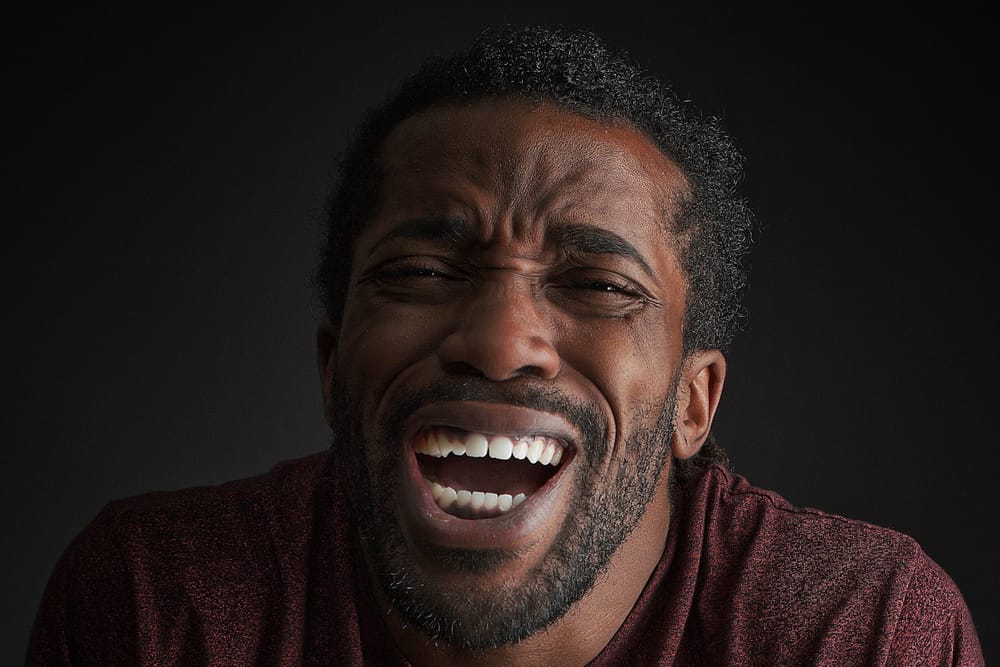I am old enough to remember Ed OG and Da Bulldogs’ “Be a Father to Your Child” could be heard blaring on boom boxes outside. The Boston-based rap group might be forgotten by some, but that song has been a mantra for nearly two generations of Black men. The song resonated then, as it does now, because of long-held beliefs that Black men are absent in the lives of their children. This absenteeism is particularly trumpeted in the face perceptions that Black boys are aimless and predisposed to lives of criminality and lawlessness, because Black fathers and adult Black men are absent in their lives.
To be sure, depending on the zip-code, incarceration rates, school test scores and availability of work, you are likely to find Black children without fathers. But that fact doesn’t represent the totality of Black fathers or even the desires of those Black fathers who can’t or won’t be in the lives of their children. Indeed, the urgency of Ed OG and Da Bulldogs’ song spoke to the aspirations of many Black men.
I share, with many Black men, the belief that absenteeism is the curse of the race. That curse has been rendered a truism in the popular American imagination, so much so that the presence of an actual Black father is viewed as disruptive; it’s as if the concept of an involved, engaged Black father is unfathomable to some.
The late award-winning actress Cicely Tyson famously recalled talking with a well–meaning movie critic, who was shocked after watching Paul Winfield’s role as a father in the film Sounder (1972), because he never thought that Black men could be fathers. Winfield was nominated for an academy award for his role as Nathan Lee Morgan, suggesting, in part, that members of the Academy also found his performance as a Black father as fantastical.
As a Black father, I struggled to find the right rhythms of my parenting in the face of the White suspicion, informed by racist stereotypes, as well as Black disappointment or rather the expected disappointment of Black women, as I, like so many Black men, try to be the best fathers we can. It can be exhausting.
Related: Proud Papa Usher Raymond Runs a Disciplined Household
Case in point: when my daughters were younger, I was often the only parent who could accompany them to doctor’s appointments. When I left the room, it was not unusual for them to be asked, “Do you live with both your parents?” That might seem like an innocuous question, given the high divorce rate in the country. But when you are a Black father there’s the sting of presumed absence.
What the physician really wanted to ask of me is, “Who are you?” I heard this implicit question in the background when women, usually white women, feel compelled to bestow honor on me because my teenage daughters were sitting with me at a local coffee shop. I heard it, too, when those women offered assistance when my youngest — always the youngest — was willful in the ways that white children are encouraged to be.
My unspoken response was that I’m a parent to two brilliant and thoughtful Black daughters. Yet the point of their interest in me and my daughters was never lost in me. Very often, it affirmed the assumption that I didn’t spend much time with my children — because Black men, supposedly, don’t do that.
When my wife of thirty-plus sarcastically remarked that I was a great father, it’s not because she doesn’t believe it. Instead, it is her way of telling me that I am a much better father than I am a husband — and she ain’t lying. In all honesty, Black men are not held to the same standard of accountability as husbands and partners, as they are as fathers, where our communities demand that we be good and present fathers — or risk the shame of being a stereotype. Of course, many Black men fail, because of many societal and economic forces, but let’s not mistake their shortcomings as evidence that they don’t want to be present
Though my daughters are both adults and have their own lives and partners, I still find myself wanting to be the best father I can be. I see that desire in the actions of my son-in-law, the father of a sweet yet rambunctious and mischievous, year-old son. This Father’s Day I will think about him, and so many of the Black fathers who have been raised to be the best fathers that they can be.
Mark Anthony Neal is the James B. Duke Distinguished Professor of African American Studies and Professor of English and Gender, Sexuality and Feminist Studies at Duke University. The author of several books including Looking for Leroy: Illegible Black Masculinities and Black Ephemera: The Crisis and Challenge of the Musical Archive, both from NYU Press. His next book Save a Seat for Me: Meditations on Black Masculinity and Fatherhood will be published by Simon & Schuster.
This post originally appeared on Medium and is edited and republished with author's permission. Read more of Mark Anthony Neal's work on Medium.
